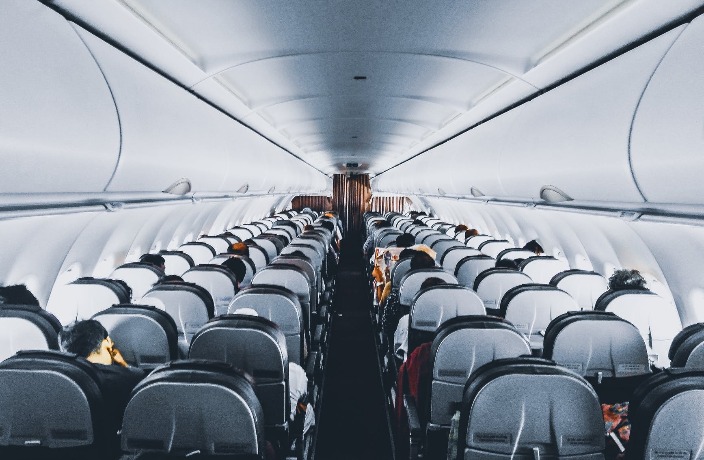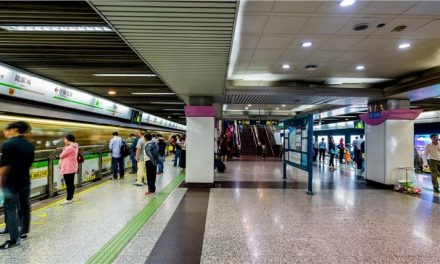Earlier this week, we reported that some experts predicted China’s border controls would be eased as soon as next month, with some airlines already planning to resume flights in June.
READ MORE: China’s Border Controls Could Ease Next Month, Experts Say
But some reports suggest otherwise. According to China’s aviation authorities, the country’s ongoing international travel restrictions will likely continue until this fall.
On Tuesday, The Civil Aviation Administration of China (CAAC) announced it would extend its ‘Five Ones’ airline ticketing policy until at least October 2020. The policy, which went into effect on March 29, sets a strict cap on international flights into China, permitting only one flight from one airline via one route once per week per country.
As a result of limited flight availability, ticketing prices to and from the Middle Kingdom have risen astronomically over the past several weeks, with one-way tickets to North American destinations in July averaging RMB27,000 (USD3,800) and European cities going as high as RMB43,000 (USD6,100) as of press time.
The policy is aimed at regulating pre-sale ticketing. Airlines eager to reopen their China routes have already been releasing itineraries for passengers to book online, only to have those flights suddenly be canceled.
The new CAAC policy prohibits airlines from offering tickets until flights are officially approved to resume. Under the policy, airlines will be required to apply for flight plans one to two months in advance. Likewise, they must issue refunds for canceled flights.
READ MORE: International Airlines Look to Resume Flights to China
It’s unclear exactly how Tuesday’s announcement impacts travel restrictions towards foreigners.
Most foreigners were temporarily barred from entering the Chinese mainland from March 28 onwards. According to the ban, foreign nationals with valid Chinese visas and residence permits are not permitted to enter the country due to the ongoing COVID-19 pandemic, though some exceptions will be considered for special cases. The ban includes the suspension of short-term visas (anywhere from 24 to 144 hours depending on the port of entry). Diplomatic (外交), courtesy (礼遇) and service (C字) visas are not impacted.
However, foreign ministry spokesman Geng Shuang confirmed in a press conference earlier this month that the country is in talks with South Korea and Singapore for essential travel for business and tech-related purposes. Likewise, 500 to 1,000 German business executives have been offered “accelerated re-entry” into China starting May 25, Reuters reports. Their family members will also be permitted to re-enter, bringing the total number of people to 2,500.
READ MORE: China is Talking About Opening Its Borders With These Countries
As always, we won’t know for sure when restrictions on foreigners will be totally lifted until an official statement comes from China’s Ministry of Foreign Affairs. Stay tuned to thatsmags.com for the latest updates on this developing situation.
[Cover image via Pexels]





Recent Comments